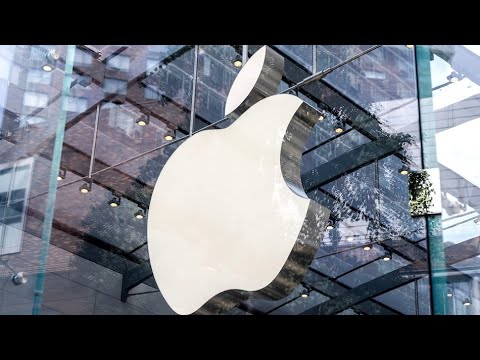Ross Gerber criticizes Apple for lacking meaningful AI innovation and falling behind competitors like Microsoft, emphasizing the need for bold, ground-up AI development or acquisitions. He also warns that Apple’s focus on hardware and incremental updates, combined with stagnation in innovation and leadership, risks eroding its market dominance and relevance in the tech industry.
In the video, Ross Gerber criticizes Apple’s recent event, describing it as a “snooze fest” with little meaningful information or significant updates for consumers. He points out that Apple’s operating system improvements are minor and questions why the company continues to hold these events when they do not deliver substantial news. Gerber emphasizes that Apple’s devices and Siri remain outdated and ineffective, especially compared to AI-powered apps like Perplexity and OpenAI, which are advancing rapidly. He argues that Apple is not participating actively in the AI revolution, instead making only incremental improvements rather than reimagining their systems from scratch.
Gerber references reports from Bloomberg, the Financial Times, and the New York Times, suggesting that Apple attempted to build upon Siri rather than starting anew with AI development. He advocates for Apple to either overhaul their AI technology from the ground up or consider acquiring innovative AI companies to catch up with competitors like Microsoft, which has integrated AI features like Copilot into their products. He highlights how Microsoft’s AI integration is already producing impressive results, contrasting it with Apple’s sluggish progress. Gerber believes Apple needs to make bold moves to stay relevant in the AI space.
The discussion then shifts to the future of wearable technology, particularly augmented reality glasses. Gerber mentions testing Meta’s Ray-Ban glasses and being impressed by their progress, implying that this is the direction where the industry is heading. He criticizes Apple’s Vision Pro headset as a failure due to its size, clunkiness, and lack of compelling content. He suggests that Apple’s future lies in developing lightweight, functional glasses, possibly led by Johnny Ive, and warns that Apple is falling behind in this crucial area, which could threaten their dominance in the smartphone market.
Gerber also discusses the long-term revenue potential from Apple’s large installed base of over a billion iPhones. He notes that while consumers might eventually pay subscription fees for AI services integrated into their devices, Apple’s current involvement in AI is minimal, mainly earning a small cut from third-party apps like Perplexity. He warns that Apple risks becoming primarily a hardware company with a diminishing software ecosystem, which could erode their competitive advantage over time. He questions how Apple will sustain growth when they have not presented a compelling strategy to increase device sales.
Finally, Gerber critiques Apple’s valuation and leadership, particularly Tim Cook’s role as CEO. He describes Cook as a cautious, management-focused leader lacking the visionary drive that Steve Jobs had. He points out that Apple has missed numerous opportunities, such as the Apple TV, Apple Car, and streaming services, and suggests that the company needs a shake-up. Gerber argues that Apple’s innovation has stagnated, and without a bold visionary at the helm, the company risks falling behind in a rapidly evolving tech landscape. He calls for Apple to take more aggressive, innovative steps to maintain its long-term relevance and growth.
